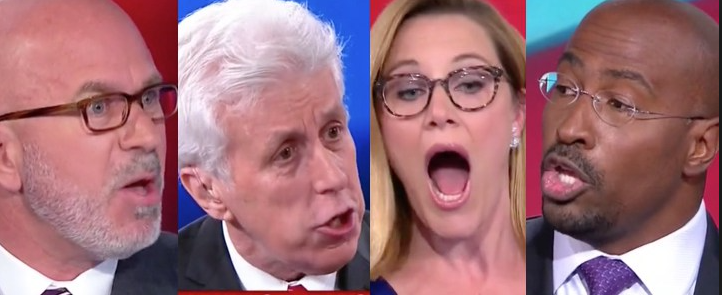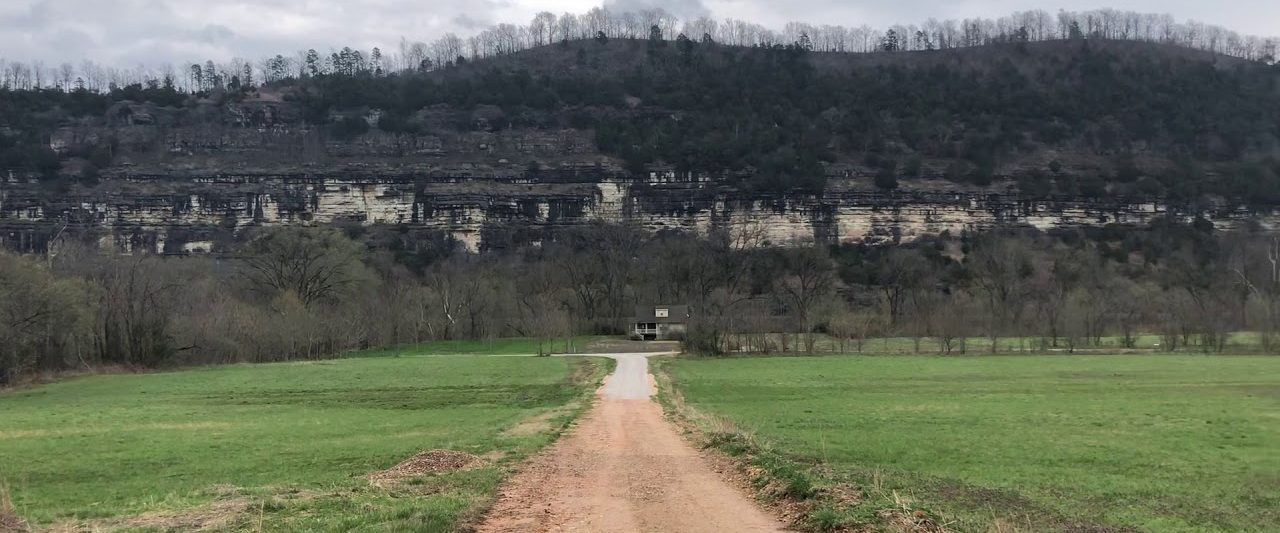“I am not bound to win, but I am bound to be true. I am not bound to succeed, but I am bound to live by the light that I have. I must stand with anybody who stands right, and stand with him while he is right, and part with him when he goes wrong.” ~Abraham Lincoln
We called him the most trusted man in America. It seems so very long ago.
But each evening for two decades an expectant public kept a collective appointment with Walter Cronkite as he delivered the nightly news to a nation desperately searching its own identity in an era that shaped us, arguably as no other.
The experts said Cronkite’s stellar reputation evolved from a strong work ethic, impeccable timing, and unique brand of heartland cadence. Beyond tone and timing he also wisely knew when the moment called for silence. His wife once told Parade magazine she thought he simply came across like the family dentist.
Shortly after the new year in 1962 Cronkite gave a legendary account as astronaut John Glenn made three orbits around earth pioneering a decade of space exploration. A year later he struggled holding back tears delivering the news of President John Kennedy’s assassination. On April 4, 1968, you could sense the broadcast veteran’s suppressed anxiety reporting Martin Luther King’s murder in Memphis. He would wring his hands and rejoice as Neil Armstrong made his way slowly down the lunar module ladder planting man’s first footsteps on the moon. His words: “By golly, I’m speechless.”
After thousands of young lives were lost for an unknown cause Cronkite told us the Vietnam War would not be won. He reported that our president betrayed the sacred oath of office.
Even today a quick search for “most trusted man” will produce Walter Cronkite’s photo at the top of the list.
Fast forward almost fifty years. The polar realities are staggering.
Public officials elected to the government’s highest levels use strategies once unimagined to drive conflict, division, and misunderstanding. Incredulous conspiracy theories now originate at the top. We speak of alternative facts, the non-existence of facts, and are told we’re not seeing what our eyes just witnessed, or perceiving what our ears just heard. It didn’t happen. It was fake, phony, and a fraud. And by the way, your microwave may be watching you.
There’s a harsh reality about fake news that we don’t much discuss. Falsity is not promoted and cannot be widely disbursed in a vacuum. The high-octane fuel for today’s fake news is a population willing to accept any and all information supporting its current viewpoint regardless of the narrow a source from which that viewpoint developed. Fake news originators just light the match. It’s the virtually brainwashed cheerleaders who breathe contagious life into the fire.
In the present day we so vehemently wish for truth in certain circumstances that we instinctively ignore the contrary facts and declare them true. This is especially true with our labeled identities that for some reason have become all important. In the process we’ve lost touch with the fundamental reality that such hope doesn’t make something true. We’re unwilling to consider as the faintest possibility that our opinion may be wrong.
Stable institutions, long a part of the nation’s history, are now weaponized against us in a manner that divides families, friends, and once like-minded groups with common purpose. It wounds relationships as a jagged knife, creating toxic animosity, and destroying community.
As we find ourselves in a national environment where there is no longer a fundamental factual baseline for truth on which we agree, many are soulfully searching their relationships once sustained by love where it now seems there may never have any shared common values to start. And so we mourn the unforeseen loss of friends with grievous pain and wonder how it happened so fast. The wounds from our blindside are often the most difficult we bear.
All is lost in the former world of compromise, common good, diplomacy, and respect. Our mouths are fouler, our minds and spirits more self-centered, and it’s a new era when so many now believe that by shutting the other side down or shutting them up, we’ve somehow revealed the truth. Social media’s passive nature is helping civility all but vanish and we are downright hateful toward anyone expressing a contrary opinion. The cost of our self-righteousness is coming at an irredeemable price.
This calculated manipulation to divide community is compounded by modern realities and a proven history showing that all good things eventually get hijacked and used for the self-serving alternative purposes of those in power. Trust and unity simply aren’t good for the new world economy.
It’s caused a painful anxiety for me because it’s especially true in the two areas most representing the core of my own identity—mass media and Christianity.

Denying the parasitical relationship between egocentric public servants and the broadcast news networks is a fool’s game. We’ve all watched it develop at an especially alarming rate during the last two years. The broadcast media’s former sense of responsibility has evolved to an anything-goes reporting style and a complete willingness, even an eagerness, permitting the manipulation of their resources at a moment’s notice. The self promotion of both parties, public servant, and media, is disguised as breaking news. There is no drama that is too much drama. Across the spectrum of time an irresponsible viewership becomes desensitized, sees it all as the new norm, and accepts, even models, the new and crazed behavior that both the media and the leadership promote to keep a sheeplike public off balance. We’ve completely taken the bait.
The Christian label is a word I no longer know how to use, because I honestly no longer know what it means. Everything I see, read, or hear indicates something different. I do know, however, what my friends in the non-Christian community tell me they see.

They see wealthy mega-churches locking their doors in towns where people just down the street have no food, water, or shelter in the wake of devastating floods. They see charismatic, bible-toting men of God recounting their divine revelations about the need for jet planes. They see prominent evangelical leaders cozying up to publicly endorse political candidates and posing for photos as those photos also capture the candidate’s image on a framed copy of Playboy magazine in the background. Non-believers see the evangelical community embrace public figures who mock the disabled, strategically and methodically steal from the poor and pay them off for pennies on the dollar, and who use the foulest language in the book referencing the homelands of the most brokenhearted people groups. You’ll find the gospel proclaimers espousing so many of these ideas along the shelves of your local bookstore in the sections labeled “Christian Living.”
These things are difficult to reconcile and any Christian who scoffs at the notions should try having the conversation with an atheist or agnostic. If we can’t have these conversations it’s time for some serious self-examination of the heart.
But this book isn’t about politics or the media. It’s not even really about religion. In a new era apparently forever absent public figures like Walter Cronkite, it’s about the ongoing quest pursuing answers to the most important question I’ve ever asked myself, and I believe the most important question of our time.
“Whom shall we trust?”
In 2010 I began a slow, on-again, off-again recovery from the deepest and most agonizing of my bouts with depression. When the fog from that episode eventually cleared nothing else came close to the new thing that became most important. I wanted to know what I believed and why. And this meant trusting someone or some thing—completely.
I’ve pursued the answer to this question ever since, and never looked back.
I was already a Christian, but a black and white Christian who now believed there was so much more to see. I was hungry for the color of it all.
In his book, Falling Upward, Father Richard Rohr says, “There is a God-size hole in all of us, waiting to be filled. God creates the very dissatisfaction that only grace and finally divine love can satisfy.”
As writers, we’re told to avoid clichés like the plague. In all the metaphors and all the parables, you’ll never hear me talk about going on a journey. I’m so sick of journeys. Everyone and their brother is on one these days. Talk to people about your journey and they’ll probably yawn.
But talk to them about your quest and everything suddenly changes.
My quest for the truth began thirty-four years ago on a dead-end country thoroughfare in the middle of nowhere.
The quest I’m still on today began on Highbanks Road.

Can’t wait to read the rest. M
> WordPress.com
I’m not online often, but I load posts while at the cyber and read them offline at home…
This is such a great post, one that addresses things that are going wrong in our country, political as well as in religious circles… Thank you for speaking up.